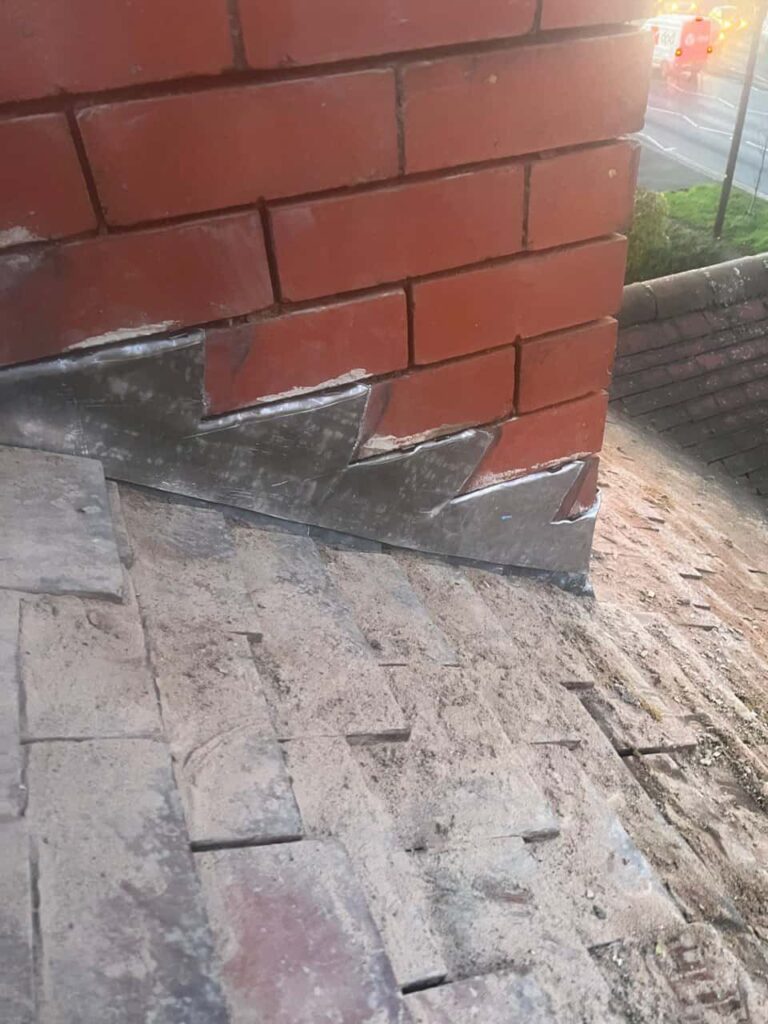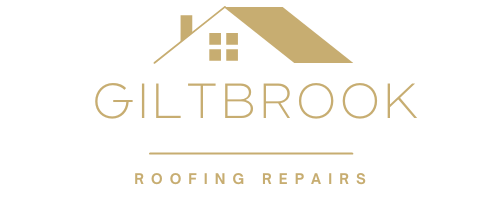Introduction: Flat roofs are a popular choice for roofing solutions for commercial properties in Giltbrook due to their cost-effectiveness, ease of installation, and modern aesthetic. However, selecting the right flat roof option is crucial to ensure durability, energy efficiency, and minimal maintenance. This blog post will explore the best flat roof options available for commercial properties, helping you decide on your business premises.
1. EPDM Roofing
Ethylene Propylene Diene Monomer (EPDM) roofing is a highly durable synthetic rubber roofing membrane widely used in commercial buildings. Its popularity stems from several key benefits:
- Longevity: EPDM roofs can last up to 50 years with proper maintenance.
- Weather Resistance: This material is highly resistant to UV rays, ozone, and extreme weather conditions, making it ideal for the British climate.
- Flexibility: EPDM remains flexible in cold temperatures, reducing the risk of cracks and leaks.
- Ease of Installation: It is relatively easy to install, either fully adhered, mechanically attached, or ballasted.
2. TPO Roofing
Thermoplastic Olefin (TPO) roofing is another excellent choice for commercial properties. It is known for its reflective properties and environmental benefits.
- Energy Efficiency: TPO roofs are highly reflective, which helps reduce cooling costs by reflecting sunlight and heat away from the building.
- Durability: TPO membranes resist tears, punctures, and impact damage.
- Seam Strength: The seams of TPO roofing are heat-welded, creating a strong bond that reduces the likelihood of leaks.
- Environmental Friendliness: TPO is a recyclable material, making it an eco-friendly option.
3. PVC Roofing
Polyvinyl Chloride (PVC) roofing is renowned for its strength, durability, and energy efficiency. Due to its robust characteristics, it is particularly suitable for commercial properties with flat roofs.
- Fire Resistance: PVC roofs are highly fire-resistant, offering an added layer of safety for commercial buildings.
- Chemical Resistance: This material is resistant to chemicals, making it ideal for buildings exposed to harsh substances or environments.
- Energy Efficiency: Like TPO, PVC roofing is reflective, helping to lower energy costs by keeping the building cooler.
- Longevity: PVC roofs can last over 20 years with proper maintenance.
4. Built-Up Roofing (BUR)
Built-up roofing (BUR) is a traditional flat roofing option composed of multiple layers of bitumen and reinforcing fabrics.
- Proven Durability: BUR systems have been used for decades, proving their reliability and durability.
- Multiple Layers: The multiple layers protect against water and weather damage.
- Low Maintenance: BUR roofs require minimal maintenance, making them a cost-effective option in the long run.
- Insulation: The layers of BUR provide good insulation, helping to regulate the building’s temperature.
5. Modified Bitumen Roofing
Modified Bitumen Roofing is an evolution of BUR, incorporating polymer-reinforced sheets for added durability.
- Flexibility: Modified bitumen is flexible and resistant to cracks, even in low temperatures.
- Easy Repair: Repairs on modified bitumen roofs are relatively simple and inexpensive.
- Strength: Adding polymers enhances the roofing system’s strength and durability.
- Energy Efficiency: Some modified bitumen roofs have reflective coatings to improve energy efficiency.
Choosing the Right Flat Roof for Your Commercial Property
When selecting a flat roof for your commercial property in Giltbrook, consider the following factors:
- Climate: Ensure the roofing material is suitable for the local weather conditions.
- Building Usage: Consider your business’s specific needs and any potential exposure to chemicals or other harsh conditions.
- Budget: Evaluate each roofing option’s initial cost, maintenance requirements, and potential energy savings.
- Longevity: Choose a roofing system with the best lifespan and performance for your investment.
Conclusion: Selecting the best flat roof option for your commercial property significantly impacts the building’s durability, energy efficiency, and maintenance requirements. EPDM, TPO, PVC, BUR, and modified bitumen are all excellent choices, each with unique benefits. By considering your property’s specific needs and consulting with roofing professionals, you can ensure you make the best choice for your commercial roofing needs.
Call us on: 0115 647 1193
Click here to find out more about Giltbrook Roofing Repairs
Click here to complete our contact form and see how we can help you with your roofing needs.

